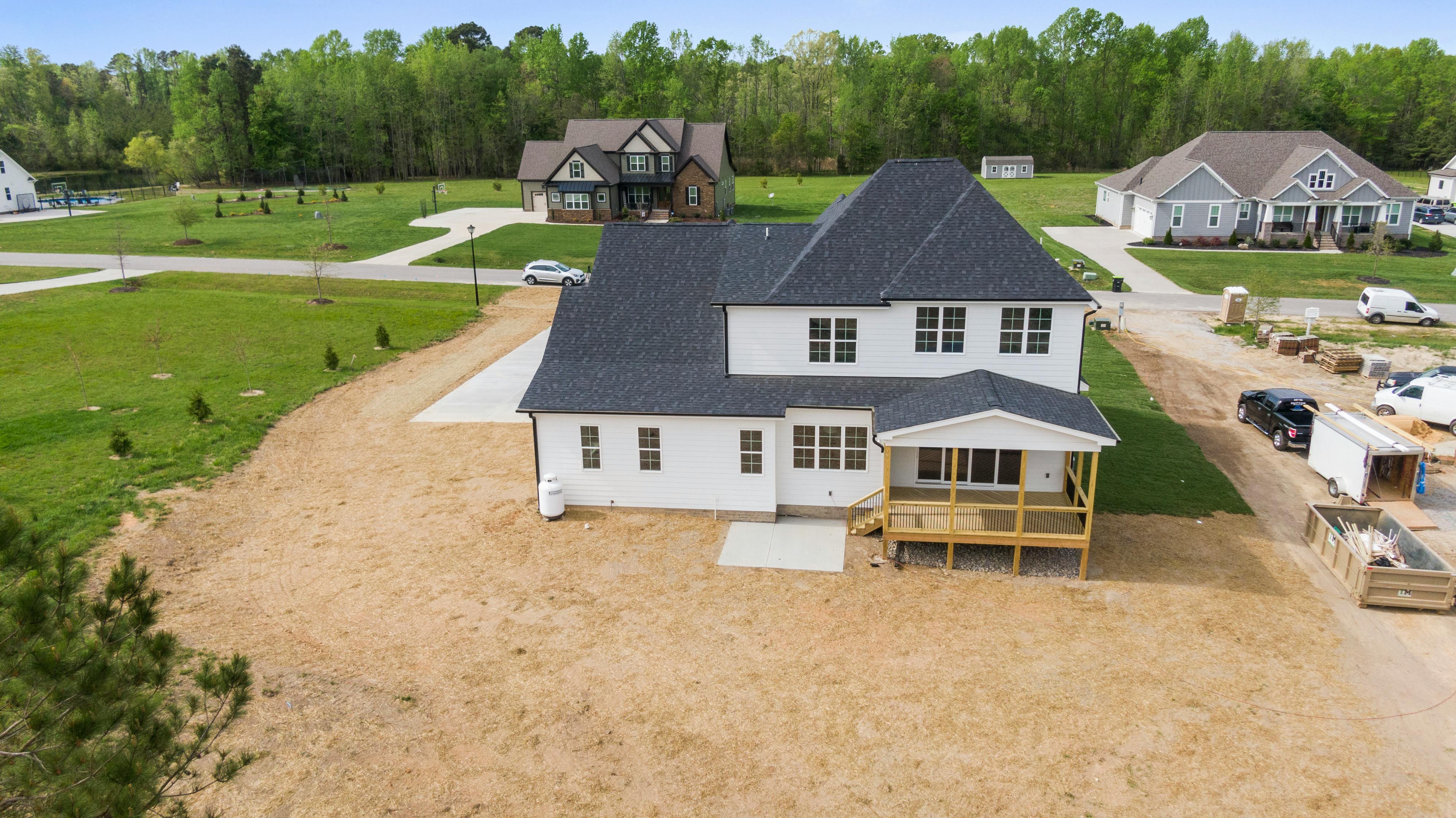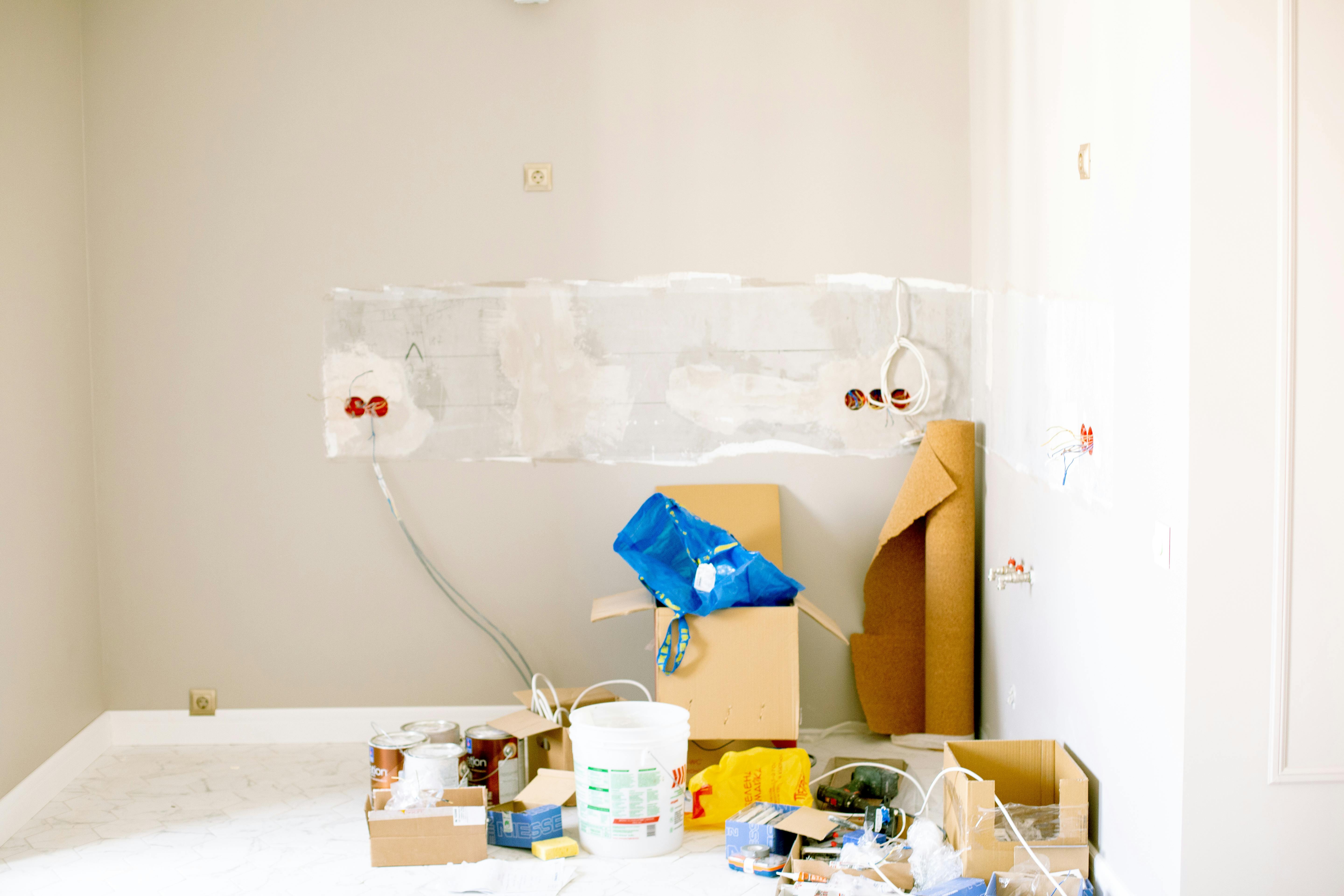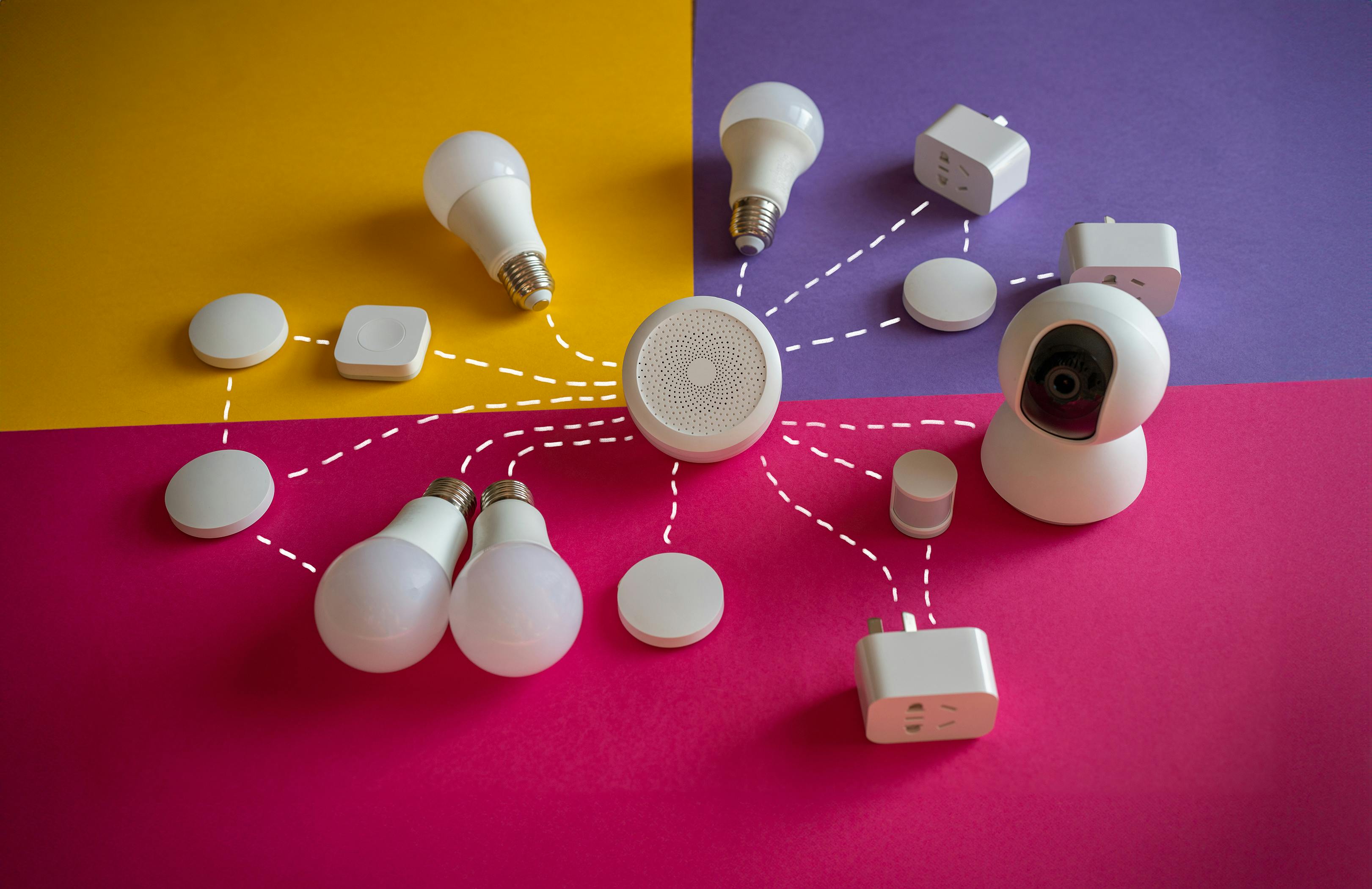Landlord Blog
Education and news for smart DIY landlords!
Reasons a Newly Built Home May Be More Budget-Friendly

When considering purchasing a home, the decision between buying a newly built home and an existing one can be challenging. While new homes often carry a perception of higher initial costs, they can be more budget-friendly in the long run for several reasons.
1. Energy Efficiency
Newly built homes are often constructed with the latest energy-efficient technologies and materials. This includes better insulation, energy-efficient windows, and modern heating and cooling systems. These advancements lead to lower utility bills, which can amount to significant savings over time. For example, a new home might have an Energy Star certification, ensuring that it meets strict energy efficiency guidelines set by the Environmental Protection Agency. Lower energy consumption not only reduces the household’s carbon footprint but also translates to considerable cost savings.
2. Lower Maintenance Costs

A significant advantage of a newly built home is that everything is new and under warranty. This includes major systems like plumbing, electrical, and HVAC. New homes are less likely to require immediate repairs or replacements, which can be a common issue with older homes. Builders typically offer warranties on the structure and systems of the home for a certain period, providing homeowners with peace of mind and financial protection. In contrast, an older home might have hidden issues that can lead to unexpected expenses.
Read more: 10 Ways to Save Money on Home Maintenance
3. Modern Building Codes and Standards
New homes are built to current building codes and standards, which have become increasingly stringent over the years. This means they are generally safer and constructed with higher-quality materials and techniques. Compliance with the latest codes can prevent costly future renovations and ensure the home is structurally sound. For instance, newer homes might be built with more robust foundation requirements or include hurricane-resistant features in areas prone to severe weather.
4. Customization and Incentives
Many builders offer customization options that allow buyers to select finishes, fixtures, and layouts that suit their preferences and budgets. This can prevent the need for costly renovations or upgrades shortly after moving in. Additionally, builders often provide incentives to attract buyers, such as covering closing costs, offering free upgrades, or providing financing deals. These incentives can reduce the overall cost of purchasing a new home.
5. Better Financing Options

New home builders frequently have relationships with preferred lenders who can offer competitive mortgage rates and terms to buyers. These relationships can result in better financing options than those available for existing homes. Lower interest rates and favorable loan terms can lead to significant savings over the life of the mortgage. Furthermore, first-time homebuyer programs and other incentives can further reduce the cost of financing a new home.
6. Reduced Renovation and Repair Costs
When purchasing an older home, buyers often need to budget for renovations to update the property to modern standards or personal tastes. These renovation costs can add up quickly and sometimes exceed the initial budget. In contrast, a newly built home is move-in ready, eliminating the need for immediate updates or repairs. This can provide substantial savings and reduce the stress associated with home improvement projects.
Read more: What Costs Are Involved in Flipping Houses?
7. Technological Integration

New homes are often built with the latest technology in mind, including smart home systems, advanced security features, and integrated home automation. These technologies can enhance convenience, security, and energy efficiency. Retrofitting an older home with these systems can be costly and complex, whereas new homes come equipped with these features from the start, offering both financial and functional advantages.
Conclusion
While the upfront cost of a newly built home might seem higher, various factors contribute to making it a more budget-friendly option in the long run. Energy efficiency, lower maintenance costs, compliance with modern building codes, customization options, better financing, reduced renovation expenses, and technological integration all play a role in the overall cost-effectiveness of a new home. Buyers should consider these long-term benefits when making their decision.
